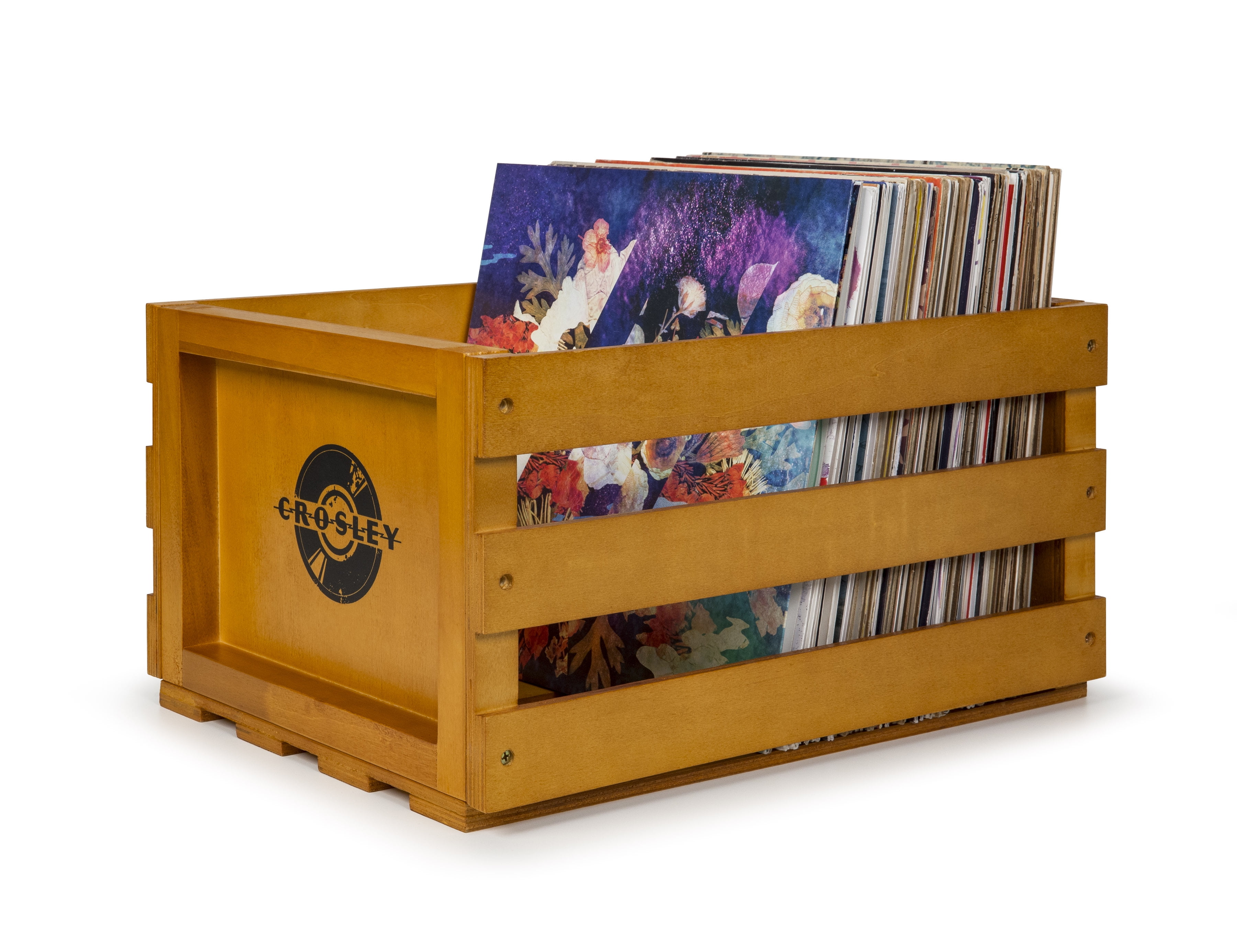

Or consider the conditions that make it possible for an innovation to take hold. At Microsoft it certainly helped that we got an early start, but we never took that advantage for granted.
INSPIREME CRATE CANCEL ACCOUNT PC
Apple was an early entrant in the PC business but didn’t take off until many years later. Some shipping companies made big bets early, and still failed.
INSPIREME CRATE CANCEL ACCOUNT SOFTWARE
But in both software and shipping, that wasn’t necessarily the case. But in subtle ways The Box also challenges commonly held views about business and the role of innovation.įor example, you often hear that it’s a big advantage to get into a particular business early. The story of this transition is fascinating and reason enough to read the book. At the same time, it also led to job losses at ports, since greater efficiency meant you could move more freight with fewer dock workers. As Levinson says, “A machine manufactured on Monday can be dropped at Port Newark on Tuesday and delivered in Stuttgart, Germany, in less time than it once would have taken to be loaded aboard a ship.” He cites one study that says the container system reduced freight rates from Asia to North America by 40 to 60 percent. The move to containerized shipping had an amazing impact on the global economy.

They would ask, Are the computer systems reliable? How do they work? Today it seems crazy that a ship would dock and somebody would get off with a piece of paper to show what’s in the cargo hold. I remember meeting with the leaders of port authorities that wanted to go paperless. Computers were coming into the picture as well.

Port cities from New York to Singapore raced to modernize their facilities to accommodate the larger ships.īy the early 1980s, the transition to the containerized system was essentially complete. Shipping lines ordered bigger and bigger ships to accommodate the aluminum boxes that soon became the standard container. It was the beginning of a revolution in the way goods move around the world. In 1956, a trucking magnate named Malcolm McLean had a clever idea: Instead of unloading a trailer’s worth of crates onto a ship, why not put the whole trailer on the ship? Each crate might have a different destination, which made the whole process slow and expensive. The Box is mostly about globalization, but there is also a larger story here that touches on business and philanthropy more broadly.įor centuries, cargo ships were loaded and unloaded by hand, one crate at a time. It is the subject of an excellent book I read this summer called The Box: How the Shipping Container Made the World Smaller and the World Economy Bigger, by a former Economist editor named Marc Levinson. I’m talking about the shipping industry, and in particular an innovation you might not have thought much about: the shipping container. Ultimately, it helped accelerate the globalization that had already been under way for centuries. Some of the companies that made big bets on this tool were very successful, while others ended up going under.

Others kept at it, convinced that it was going to have a huge impact. At first, some people wrote it off as a fad. In the second half of the twentieth century, an innovation came along that would transform the way the world did business.


 0 kommentar(er)
0 kommentar(er)
